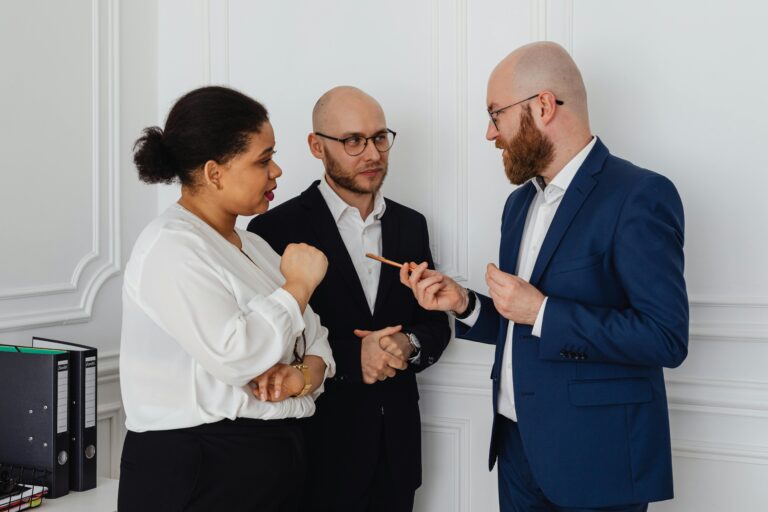Honest conversations are uncomfortable. Avoiding difficult conversations is easy. Resolving them effectively is a leadership skill.
Whether it’s tension with a colleague, a simmering frustration, or an awkward silence that’s undermining collaboration, avoiding the issue rarely works.
The reality? Honest conversations are a skill. Uncomfortable, yes. But, like any skill, they can be developed with intention, practice and the right mindset. As a leader, navigating these types of conversations is a necessary part of your role and can’t be ignored.
Common scenarios that call for a direct honest conversation
Honest conversations are particularly valuable in these workplace situations:
- You have a concern or issue, and emotions are intensifying.
- Someone else appears frustrated or dissatisfied with you.
- You observe unresolved conflict between team members that’s affecting performance or team morale.
Sound familiar? When these situations occur, it’s natural to default to fight-or-flight — either becoming defensive or avoiding the issue altogether.
Neither leads to a meaningful resolution.
These are the key moments where an effective, honest conversation will strengthen relationships and create alignment.
The key to a productive, honest conversation
Success starts before the first word is spoken — with your mindset.
The most effective approach? Lead with humility.
Enter the conversation with:
- A genuine willingness to listen, not just respond.
- An open mind, recognising and addressing your own bias.
- Accountability for your role in the situation, no matter how small.
This isn’t about blame or “winning.” It’s about building mutual understanding and moving forward with clear intentions and a purpose.
How to open the conversation (without the awkwardness)
Initiating the conversation can often be the hardest part. Here are a few conversation starters to try:
- “I’d like to clear the air — can we have a quick chat?”
- “I’ve noticed some tension, and I’d just like to get curious and understand the concerns/issues.”
- “I’d like to make sure we’re aligned on [specific topic] — can we organise some time to talk it through?”
Start with curiosity, not confrontation. Remove judgement and frame your intention with openness to encourage trust and keep the conversation constructive.
What does a successful outcome look like?
A productive, honest conversation doesn’t revolve around proving a point. It’s about generating clarity, strengthening connection and finding solutions.
Here’s what success looks like:
- Both parties feel genuinely heard and understood.
- There’s clarity on next steps, decisions, or actions.
- The relationship is improved, not strained.
Want help navigating these conversations?
If you still feel uncertain, you’re not alone. Navigating honest conversations can be really tricky, so we’ve designed a short online module to help equip you with the skills, frameworks and confidence to handle them effectively. Or, here’s another article we recommend!







